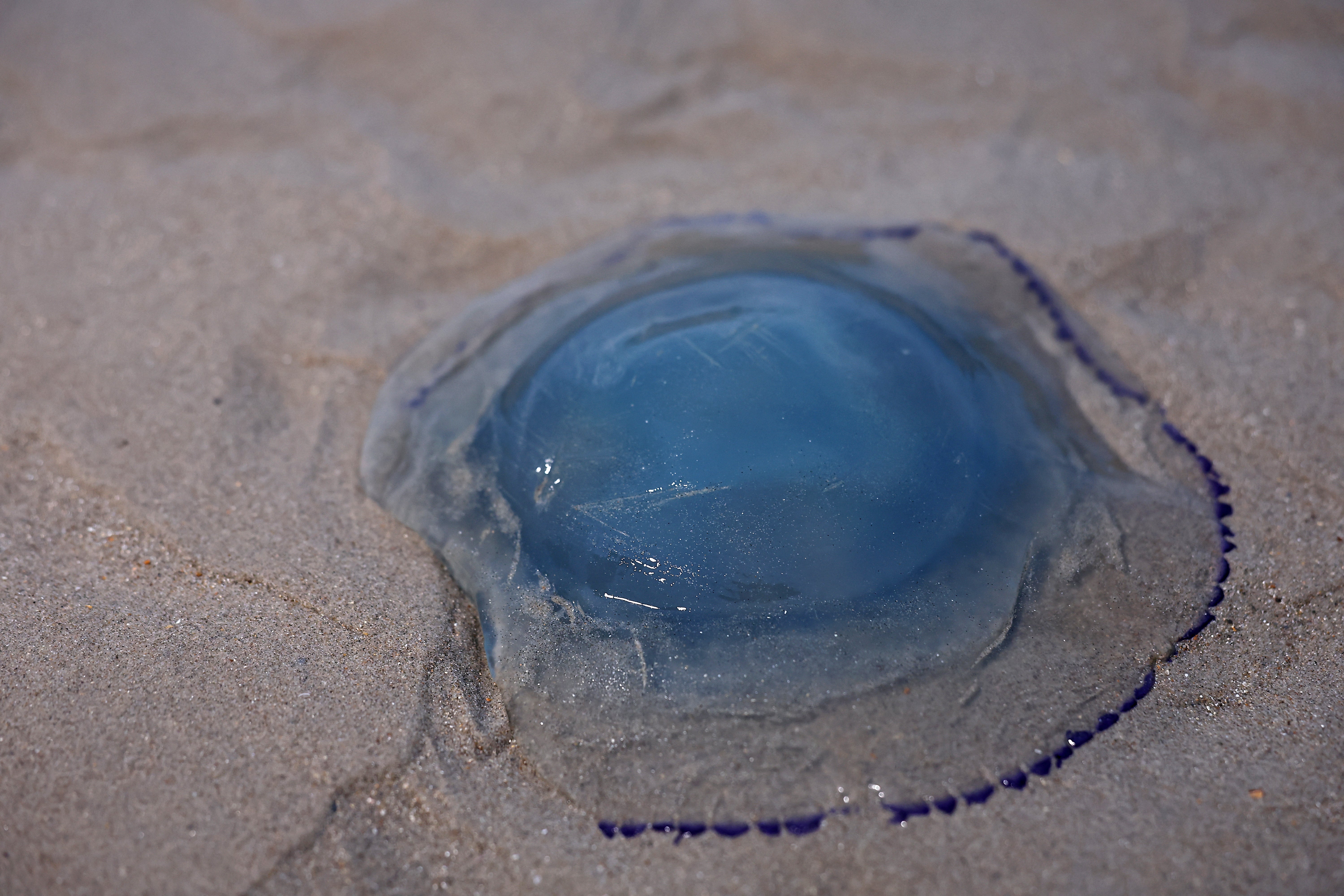
A huge nuclear power station in France has temporarily shut down after a "massive and unpredictable" swarm of jellyfish swam into the cooling system.
Four reactors shut off automatically at the Gravelines site in the north of the country late on Sunday after the jellyfish infiltrated the filter drums of the pumping stations, according to energy group EDF.
The entire plant remained offline as of Tuesday morning after the two remaining units were shut down for planned maintenance.
Delays caused by the swarm are expected to last into the week, with the first reactor set to come back online later on Tuesday and one restarting each day afterwards, according to Reuters. The plant is one of the largest in France, with each generator producing 900 megawatts of power.
The swarm did not affect the safety of the facilities, staff or the environment, EDF said, adding that teams were “currently carrying out the necessary diagnostics and interventions” to restart the units “in complete safety”. They said the jellyfish had been found in a “non-nuclear part” of the site.

Beaches around Gravelines, which lies between the major cities of Dunkirk and Calais, have seen an increase in jellyfish in recent years due to warming waters and the introduction of invasive species. Scientists have also warned similar incidents could become more frequent due to rising global temperatures, the arrival of invasive species, habitat loss of predators and over-fishing.
"Jellyfish breed faster when water is warmer, and because areas like the North Sea are becoming warmer, the reproductive window is getting wider and wider," Derek Wright, marine biology consultant with the U.S. National Oceanic and Atmospheric Administration, told Reuters.
"Jellyfish can also hitch rides on tanker ships, entering the ships' ballast tank in one port and often getting pumped out into waters halfway across the globe," he said.
EDF said it did not know the species of the jellyfish involved in the shutdown.
It comes after jellyfish caused similar problems in ports and at nuclear plants in China, Japan and India. Scotland's Torness faced similar problems in 2011, while Gravelines itself was disrupted in 1993.
Speaking to the BBC, nuclear engineer Ronan Tanguy said the animals slip into cooling systems because of their “gelatinous” bodies. "They were able to evade the first set of filters then get caught in the secondary drum system," he said.







